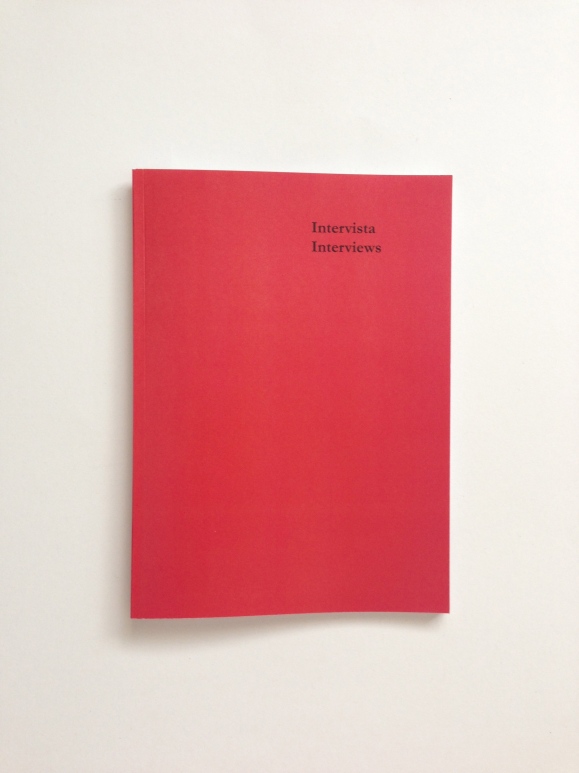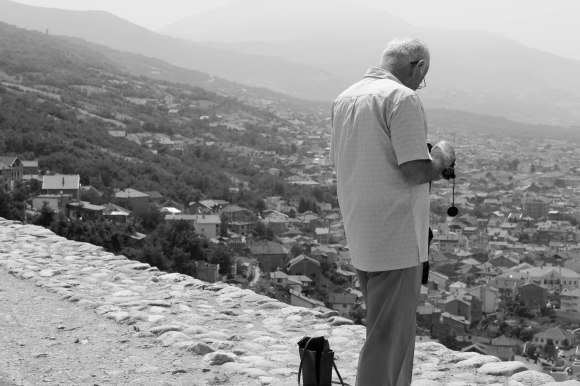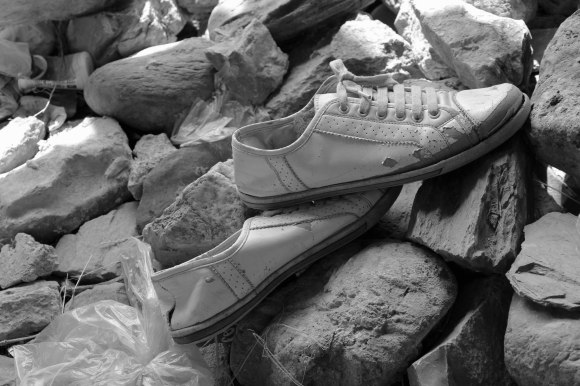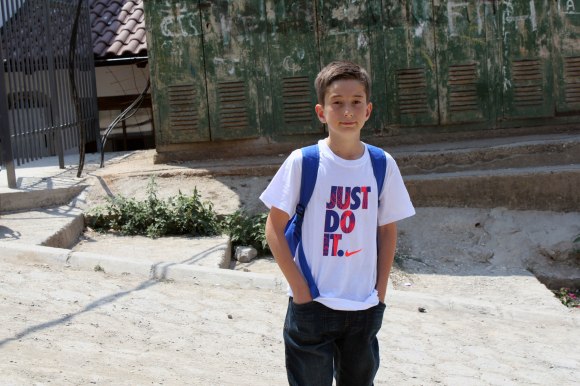
Collaborative work- Illustration by Charlie O’Sullivan



Knowing that this was my last project I wanted to do something that was important to me but never really had the guts to actually do it. I always feared that if I did something on Kosovo it had to be something amazing, something that I would be happy to share with others. I guess I added this pressure on my self because I was scared of making a mistake, a cultural mistake.
I started this project with the curiosity of wanting to explore folk tales stories that are told within Albanian families. My parents always tell us stories that their parents past on to them and stories, about history, experiences, that are a huge part of Kosovo. I just really enjoy listening and finding out what these stories mean and why they are so important. As I started to research more on Albanian traditional folk tales stories I started to understand the cultural heritage more. To my understanding Kosovo were ruled for over 500 years by the Ottoman Empire, which influenced the folklore culture, other influences were Serbs, Turks, Bosnians and so on. What’s really interesting is that these stories were never really written down, they were past down to younger generations through oral tradition. The Oral tradition played a curial role in communicating important information, national events and collective memories; this was their way of conveying these traditions to the younger generations. Oral tradition enforced social and legal regulations such as ‘Besa and Kanun’ that stood for moral testaments ‘word of honor’ and a set of unwritten rules that were followed in the unofficial court of law ‘Oda’, a place where feuds were settled by elderly men. (An important platform of culture.)
I think being able to talk to my parents about the things I found out helped me understand them a lot more. I enjoyed learning about the rules practiced in law and order and how much these cultural values were respected and honored based on the oral tradition.
As I was researching story telling in the Albanian culture a key method of which they used to express their experiences seemed to be poetry. This was a turning pointing because I felt I found my focusing point for this project. There are different types of poetry in many cases it was sung, especially epic poetry. Epic poetry in Kosovo and northern Albania was sung on a Lahuta ( a one string fiddle) and on a Çifteli (two strings) more tuneful. I think this was influenced by the Turkish culture but our folklore preserved originality in most cases.
Different types of poetry: Rapsodi (poetry mostly about homeland), Dirge (the most famous Albanian characteristics emotional creation dedicated to a loved one) Lullabies (parents expressing their wishes about their child) etc. I know its silly, but I never really paid attention to the songs my dad listens, on the çifteli often because most of them are folklore, epic poetry about homeland, legends, war etc. Of course I turned to my dad as a key resource. Speaking to my dad, we went through a few different artists and listened to the way they were sung, and how they voiced their experiencers. I found that these ‘songs’ are rich lyric songs, drawing a clear picture of what they experience.
For my first crit, when I presented my project it was still at a very broad stage. There were decisions to be made questions to answer; I needed to be clear in what was I trying to communicate, who it was for, is this project about language and meaning etc. At this point the possibilities seemed to be endless and I wasn’t really sure what exactly I wanted to do with the information and research I had done. It was at this point where I started to really struggle. I felt that I didn’t know how to translate and express what I wanted to do with my project. I felt that certain things made more sense in Albanian and trying to translate that in to English felt wrong, it felt like I wasn’t doing a good job at encaging the full meaning of the culture. Also what I was mostly struggling with deciding on poetry. I talked a lot to my mother and she gave me a few suggestions and poets to look at which did help but also lead to a new issue, what was I going to do with the poetry? I started to collect different poems mostly written in the 1930- 40s.
It was suggested that maybe I should focus on one poem instead of many. I think it was this suggestion that helped narrow down the project and made it easier to focus on.
Speaking to my mother, she mentioned a poem that she had to study while at school. What I also found interesting is the poet. He wrote about the real events and put so much emotion in his writing. I like his poetry because its honest and it still relates to current social event all over the world especially the poem I picked.
The main themes within Migjeni’s Poetry were misery and suffering, a reflection of the life he saw and lived. It is poetry of actual social awareness and despair. Mijeni opened his eyes to the harsh realities of life, to the appalling level of misery, disease and poverty he discovered all around him. He was a poet of despair who saw no way out. Who cherished no hope that anything but death could put end to suffering.
I set a few questions so I could get more opinions on the poem I wanted to see how people felt about the poem. Trying to interview people seemed to be a lot harder then I thought it would be. Eventually started to get some answers to my question and the response was great. Picking the right typeface was essential with diacritics, the main issue was the ‘gj’, and with some font they seemed to touch and didn’t look so great. I used Garamond because it felt most comfortable and echoed both languages well.
I wanted to create an interview book but felt that it needed visuals to support the text. Visuals to understand the situation which Migeni created in his poem. The photographs of the royal family where taken from Google and the rest from the UCL library photographs from Margaret Hasluck.
I think at the start of this project I wanted to do something big and amazing but it didn’t really feel right. The nature of this project developed into more than one outcome; which all were understated.
I really enjoyed screen-printing but had a few problems during the process. Dealing with a large amount of text appeared to be harder to get a perfect print; I found that I was either getting too much ink through or too little ink. Getting the right balance of ink was harder then I thought it would be. The layout of the text in my first screen prints divided the text and needed to be improved. I also got the leading wrong which need to be considered more because when overlapping the text there wasn’t enough space. The reason to why I used red and black is because they are the two colours that represent Albania, they are the colours used on the flag so I thought it was only right to use them.
I was really excited to make podcast because I wanted to add sound to this project and really enjoyed listening to how people that know the poem read it. I felt that that Albanian podcast is read with a lot of passion and pain whereas the English is a lot more subtle and sad. The sound reflected, I think portrays the poem well in both language. With the recordings I did have a few problems like background noise, which was resolved using audition. The podcasts was put together in GarageBand.
The illustration was an unexpected collaboration. Talking to a friend about my project and more importantly about the poem, he really wanted to illustrate something based on its context. The way this collaboration worked was I provided him with the poem, background information and images, which he then turned into an illustration based on the poem and the themes it portrays. The image he created helped visualise the poem, which added better context to it.
I learnt a lot through out this project, it has tested my patience’s but I’m glad I continued with the project; it was a challenge but worth it. I’m more comfortable with the Albanian language; I no longer get so mixed up with pronunciations and understand I understand it more.









